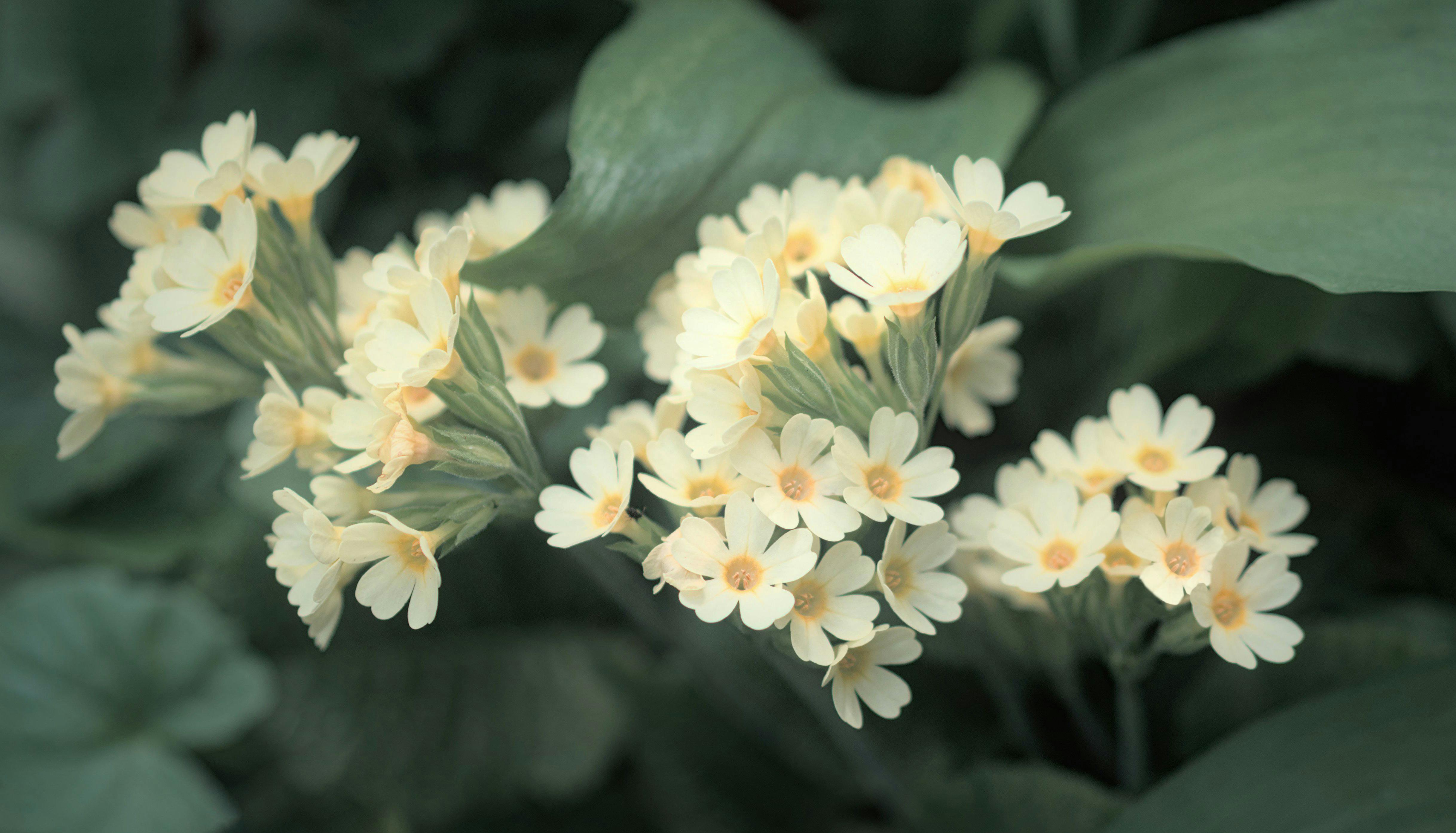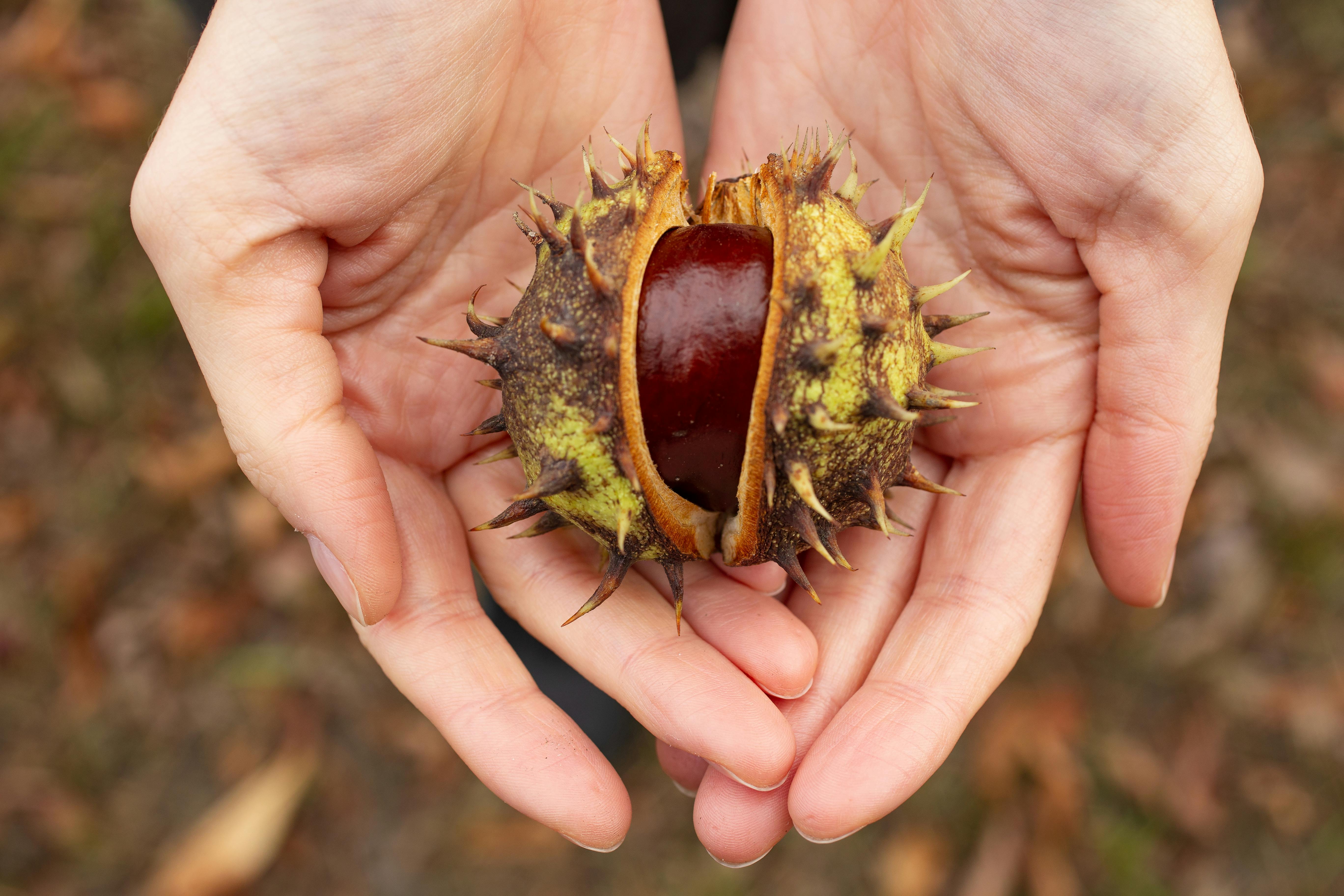Mr. Gardener: Your Guide to Thriving Gardens
Understanding the Role of Mr. Gardener
Mr. Gardener embodies the expert gardener archetype, representing a wealth of knowledge and practical experience in horticulture and garden management. This role is crucial for anyone looking to cultivate their garden effectively. A proficient Mr. Gardener can help troubleshoot plant issues, recommend the best practices for soil health, and suggest suitable plants for various climates. Understanding the various functions of Mr. Gardener can transform any garden into a thriving oasis, mixing beauty with functionality.
The Importance of Garden Maintenance
One of the primary responsibilities of Mr. Gardener is maintaining garden health. Regular maintenance tasks, such as pruning, weeding, and mulching, play a vital role in sustaining plant vitality. For instance, the act of pruning encourages new growth and keeps plants looking their best. Weeding is equally important; it prevents competition for nutrients and water that can harm garden plants. Additionally, mulching helps retain soil moisture, suppress weeds, and enhance the overall aesthetic of the garden. The diligent care fostered by Mr. Gardener ensures that gardens continue to flourish throughout the seasons.

Choosing the Right Plants
Mr. Gardener also plays a pivotal role in selecting suitable plants based on environmental conditions. Factors such as climate, soil type, and available sunlight greatly influence plant choice. For example, if you live in a region with high humidity, selecting plants that thrive in moist conditions, like ferns or hostas, will yield better results. Conversely, in arid environments, opting for drought-resistant species like succulents and cacti can be more effective. Mr. Gardener’s expertise ensures that every planting decision contributes positively to the garden’s ecosystem.
Implementing Sustainable Practices
Another core aspect of Mr. Gardener’s philosophy is sustainability. Emphasizing environmentally friendly practices, such as composting, crop rotation, and organic pest control, ensures the garden’s long-term health. For instance, composting converts kitchen waste into nutrient-rich soil amendments that help reduce landfill waste. Moreover, applying organic methods for pest control minimizes chemical usage, fostering a safer ecosystem for beneficial insects. By adopting these sustainable practices, Mr. Gardener not only enhances garden productivity but also contributes positively to the broader environment.
Practical Gardening Tips from Mr. Gardener
Equipped with knowledge and seasoned experience, Mr. Gardener offers invaluable gardening tips that any enthusiast can apply. These practical insights can significantly improve the effectiveness of your gardening efforts and can aid both novice and seasoned gardeners alike.
Soil Preparation Techniques
Preparing the soil is a foundational step in successful gardening that Mr. Gardener emphasizes. Proper soil preparation ensures that plants have the nutrients, structure, and drainage they require for optimal growth. Start by testing the soil pH and nutrient levels. Depending on the results, you may need to amend the soil with fertilizers, lime, or sulfur to achieve the desired pH balance. It’s also essential to incorporate organic matter, like compost, to boost fertility and improve soil structure. Mr. Gardener often recommends tilling the soil to at least a foot deep to aerate it and allow roots to penetrate easily.

Watering Wisely
Another tip that Mr. Gardener shares is the importance of proper watering techniques. Overwatering and underwatering can lead to plant stress and diseases. It’s crucial to establish a consistent watering schedule that adjusts according to seasonal changes. Deep watering (approximately one inch per week) encourages deep root growth and makes plants more resilient to drought. Additionally, using mulch can help retain moisture in the soil and reduce evaporation, which are efficient practices suggested by Mr. Gardener.
Seasonal Gardening Activities
Adapting your gardening activities to the changing seasons is another practice emphasized by Mr. Gardener. Each season demands different tasks to maintain a healthy garden. For example, spring is the time for planting and fertilizing, while summer involves regular watering and pest monitoring. Autumn is ideal for harvesting, deadheading, and preparing the gardens for winter by mulching. By aligning gardening activities with the seasonal calendar, gardeners can maximize their output and ensure ongoing plant health.
Challenges Faced by Mr. Gardener
Just like any profession, Mr. Gardener faces challenges that can impact garden health and productivity. Understanding these challenges can better prepare gardeners to take preventative measures or find solutions proactively.
Pest Management Solutions
Pest issues are a common challenge in gardens, and Mr. Gardener adopts various strategies to combat them. Integrated Pest Management (IPM) is a sustainable approach that combines physical, biological, and chemical controls. For example, introducing beneficial insects like ladybugs can help manage aphid populations. Additionally, using barriers such as row covers can physically prevent pests from reaching plants. Mr. Gardener emphasizes the importance of scouting for signs of pest damage regularly to take swift action and minimize impacts.
Adapting to Climate Change
Another pressing issue is the need to adapt gardening practices due to climate change. Unpredictable weather patterns can affect plant growth and garden productivity. Mr. Gardener encourages gardeners to collect data on local weather conditions and adjust their planting schedules accordingly. Additionally, incorporating drought-tolerant plants and efficient irrigation systems can help manage water use during dry spells. Understanding climate resilience is key to ensuring gardens thrive despite environmental fluctuations.
Dealing with Soil Degradation
Soil health is vital for sustaining plant growth, yet it can often face degradation due to intensive agricultural practices or urbanization. Mr. Gardener advises incorporating organic matter, cover crops, and practicing crop rotation to rejuvenate your soil. These techniques not only restore nutrients but also improve soil structure, promoting better drainage and aeration. Regularly testing soil quality can help identify deficiencies and inform corrective actions that Mr. Gardener would recommend.
Key Takeaways
- Mr. Gardener emphasizes the importance of regular garden maintenance for thriving plants.
- Sustainable gardening practices help maintain both plant health and environmental integrity.
- Adopting seasonal gardening activities increases productivity and plant resilience.
- Pest management strategies are essential in addressing common gardening challenges.
- Adapting to climate change conditions is vital for long-term gardening success.
FAQ
1. What steps can I take to improve my soil quality according to Mr. Gardener?
To enhance soil quality, Mr. Gardener recommends performing regular soil tests, adding organic matter such as compost, and practicing crop rotation. It’s crucial to adjust soil pH with amendments based on test results and to regularly aerate the soil to promote root growth and improve drainage.
2. How can I choose the best plants for my garden with guidance from Mr. Gardener?
Mr. Gardener suggests assessing your garden’s climate, soil type, and light conditions before selecting plants. Look for native species that are adapted to your local environment, ensuring they are robust and less susceptible to diseases. This consideration fosters a healthier, more sustainable garden.
3. What sustainable practices should I implement with Mr. Gardener’s advice?
Implementing practices such as composting, utilizing rainwater harvesting systems, and opting for organic pest control are essential sustainable techniques. Mr. Gardener also encourages using native plants to support local ecosystems and reduce the need for chemical fertilizers and pesticides.
4. How frequently should I water my garden as per Mr. Gardener?
According to Mr. Gardener, watering should be done deeply but less frequently to encourage strong root growth. Typically, around one inch of water per week is recommended, adjusting based on weather conditions and specific plant needs to avoid overwatering.
5. What troubleshooting tips does Mr. Gardener suggest for common garden issues?
For common garden issues, Mr. Gardener advises observing plants closely. Check for signs of nutrient deficiencies, pests, or diseases. Utilize appropriate treatments, such as organic solutions or manual removal of pests, and always maintain proper hygiene to prevent the spread of illness.
